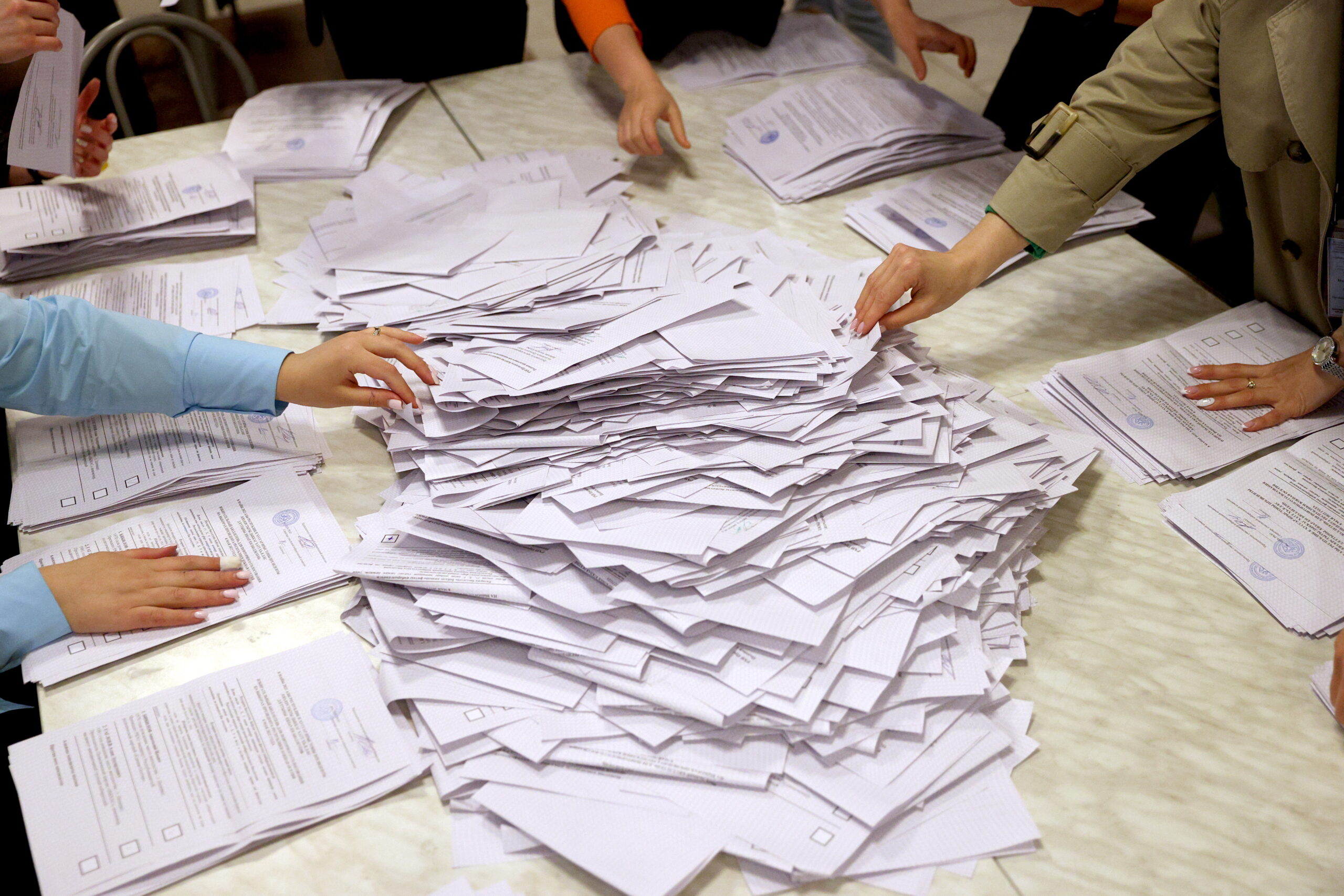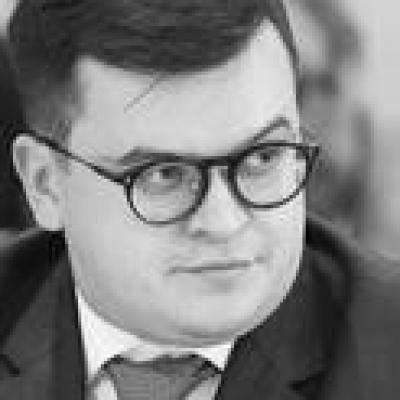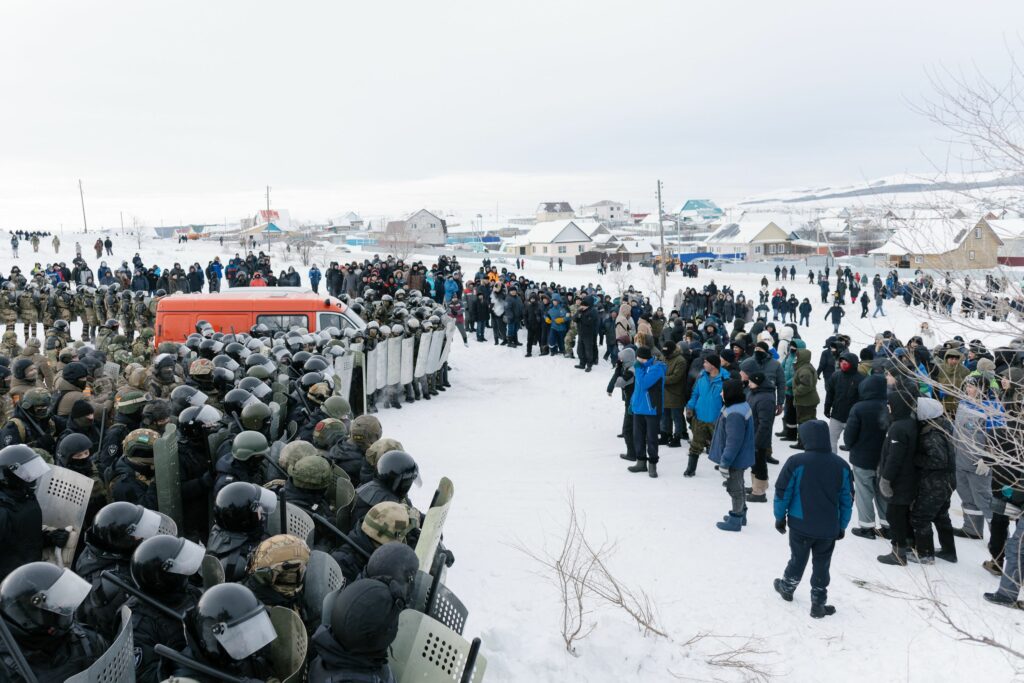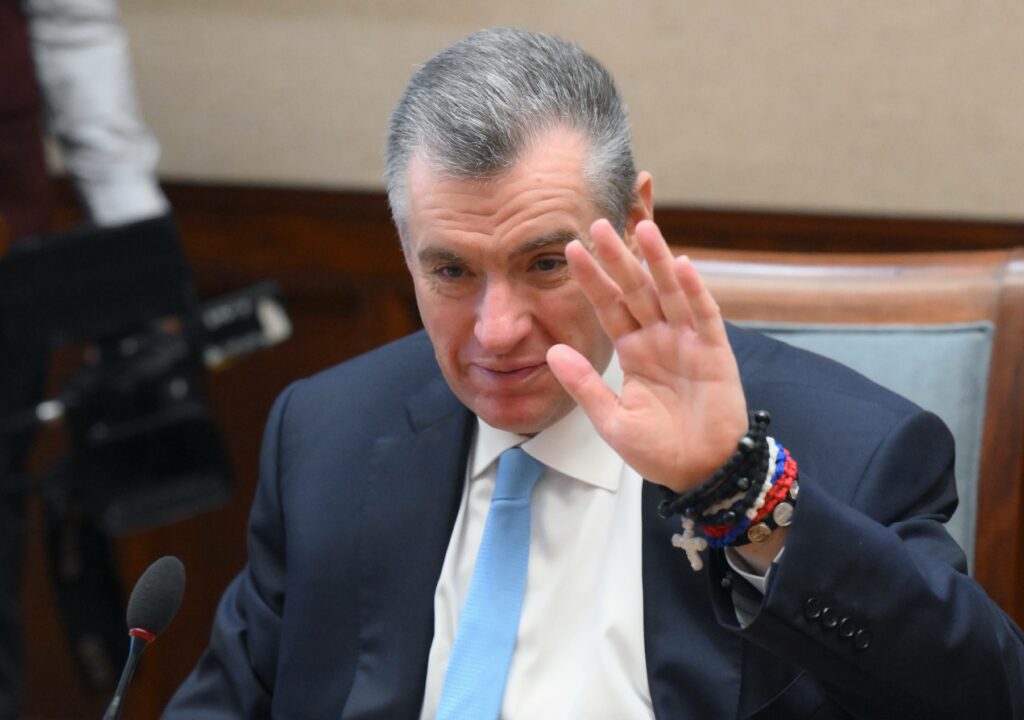Amid ongoing hostilities in Ukraine, regional and local elections in Russia have attracted little attention. Around 30−40 million Russians will be able to vote on 11 September. All in all, there will be almost 5,000 election campaigns and 33 local referendums on voluntary contributions (self-taxation) by residents of Kirov Oblast. However, only three types of elections will be in the limelight: elections of the governors of 14 regions by direct vote, elections of the members of six regional parliaments and elections to 12 city councils in regional administrative centres. Moreover, the elections of municipal deputies in Moscow will be of symbolic importance. They will be held in every district of Moscow. Moscow district deputies will not have much real power or influence, but the elections will give a variety of groups of activists and opposition parties a chance to come forward.
Elections without freedom of speech
The upcoming elections are taking place under the extraordinary circumstances of a military conflict and de facto military censorship introduced after 24 February 2022. As noted by human rights organisations, immediately after the outbreak of hostilities, Roskomnadzor (i.e. the Federal Service for Supervision of Communications, Information Technology and Mass Media) published an official statement that media outlets were obliged to use information only from Russian official sources when covering the conflict. Otherwise, websites would be blocked. In practice, this has led to a de facto ban on the word ‘war’ with reference to the events in Ukraine.
Under current legislation, the Russian Prosecutor General’s Office can immediately block websites extrajudicially on more than two dozen rather vague grounds. Since 14 July, the Prosecutor General’s Office has been entitled to demand the suspension of the activities of media outlets or invalidate their registration, as well as to terminate their broadcasting licences. In addition, the Prosecutor General’s Office can ban foreign media outlets and demand that websites be blocked permanently.
As a result, according to RoskomSvoboda, 5,300 websites were subject to military censorship as of 11 July. These include almost all media outlets independent of the Russian authorities, from foreign to regional ones, as well as websites of human rights organisations, including that of the Movement for Defence of Voters’ Rights Golos, and even websites of political parties (such as the Altai branch of Yabloko). The largest Western social networks, Instagram and Facebook, have also been blocked. After Instagram was blocked, VK, YouTube and Odnoklassniki are now the top three social media outlets. VK and Odnoklassniki are run by Vladimir Kiriyenko, the son of the deputy head of the Russian presidential administration.
In addition, despite the fact that Rospotrebnadzor (i.e. the Federal Service for Surveillance of Consumer Rights Protection and Human Well-being) has lifted all covid restrictions, regional authorities have not restored freedom of assembly. Thus, the Moscow mayor’s office stated that the ban on rallies and single-person protests would continue until the WHO announces the end of the pandemic.
Thus, it is technically impossible to participate in an equal and free political debate in Russia. The problems are not limited to the physical inability to do so. They also have a substantive dimension: citizens who express a point of view that differs from that of the authorities risk being subjected to repression. In the past, if a candidate stated that they did not agree with the annexation of Crimea, they merely risked losing the support of some voters (or, on the contrary, could gain more support). Now they are putting their freedom at risk.
The will of the voters cannot be free under the current circumstances.
No party membership at regional and local levels
Riddle has previously written about the Kremlin’s legislative amendments which were introduced in the aftermath of the 2021 regional elections which disappointed the Russian authorities. The amendments eliminated the proportional representation component which obliged regions to elect part of their regional parliaments on the basis of party lists. This can potentially reduce the importance of political parties at the regional and local levels and decrease the number of candidates who can enjoy the so-called parliamentary privilege (the right to be nominated without collecting signatures). Therefore, it diminishes the opportunity to nominate candidates independent of the authorities.
This year, none of the six regions where regional parliamentary elections will be held have completely removed party lists, but in four of them their share in the final distribution of seats has been significantly limited: in Udmurtia, to 20 out of 60 deputies; in Krasnodar Krai, to 25 out of 70; in Saratov Oblast, to 10 out of 40; and in Sakhalin Oblast, to 10 out of 28. In Sakhalin, the number of seats on party lists was initially limited to seven, and then it turned out that the number of parties that crossed the electoral threshold could theoretically exceed the number of available seats. Legislators had to introduce amendments to increase the number of mandates to 10.
It should be noted that the number of party-list representatives has been reduced even in regions where the government has never had problems achieving the expected results, such as Kuban and Saratov Oblast.
The party-free showcase examples are city council elections in the following regional capitals, where party lists have been completely abolished: Gorno-Altaysk, Vladivostok, Omsk, Tver and Yaroslavl.
What are such elections indicative of?
The 2022 elections are likely to produce the results that the authorities expect. This will certainly be used to demonstrate ostensible popular support for the Kremlin’s actions. In reality, however, the elections will not be very meaningful not only due to the innovative amendments described above.
Even before 24 February, experts realised that in 2022 the very selection of regions and types of election campaigns was extremely favourable to the authorities. Formally, the most influential are the gubernatorial elections, but because of the so-called municipal filter — the requirement for candidates to collect signatures from municipal deputies in support of their nomination — the actual opponents of the incumbent governors do not reach the ballot. Regional parliamentary elections with the most intriguing outcomes will be held only in six regions this time, and four of them have traditionally been heavily rigged. These are North Ossetia, Krasnodar Krai, and Penza and Saratov Oblasts. Only Udmurtia and Sakhalin could boast of more or less genuine results in the past.
Municipal elections in regional centres and other larger cities may be the most interesting to analyse. The campaigns in Vladivostok, Kirov, Barnaul, Omsk and Yaroslavl are likely to be strained. And the town of Rubtsovsk, which has become notorious for the mass parcels sent there by the Russian military in the early days of the war, will also be electing town councillors; and the position of the ‘party of power’ has always been rather shaky there. The elections of deputies in Moscow’s municipal districts may be of symbolic value, but one should not expect anything revolutionary this time either, as many of the deputies who were elected five years ago must have been disappointed in the scope of their powers.
The upcoming elections are unlikely to reflect the real condition of Russian society. They are going to show whether the authorities will be able to get the upper hand, or whether there will be any surprises. Next year the selection of regions to hold elections will be more problematic for the Kremlin, and the election results might be more unexpected.
That said, elections remain the only way to grasp Russians’ attitude to the authorities, as media outlets have been nearly destroyed as feedback channel for society, and opinion polls are much criticised by experts in various fields, as they inflated the authorities’ ratings in more peaceful times, not to mention the current circumstances. Sometimes polls showed figures even higher than those obtained in rigged elections.










